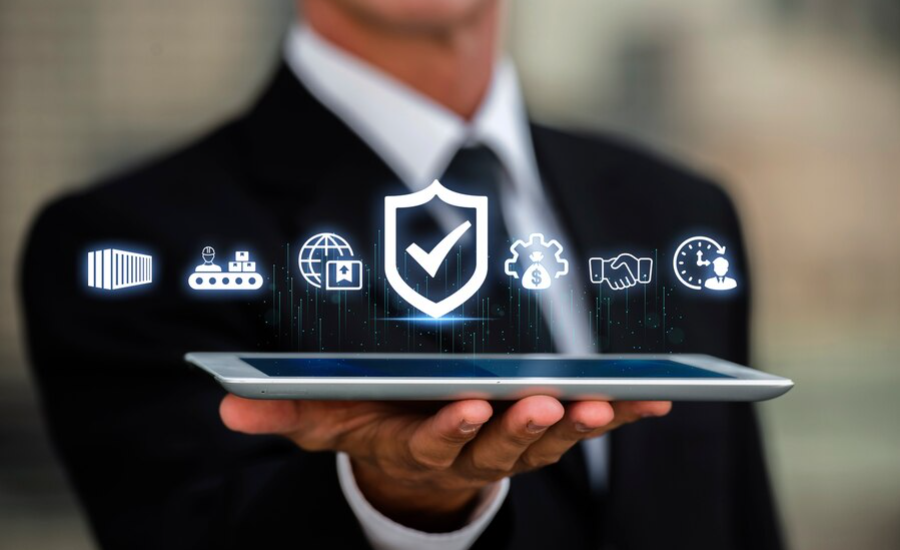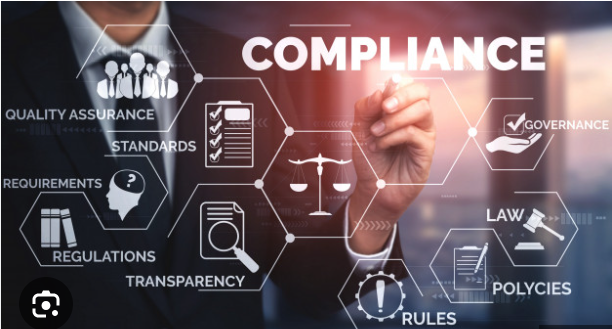Nowadays cyber attacks and data breaches are just increasing day-by-day which has made cyber security awareness training for employees even more important than ever before. We all know that with the benefits of technological advancements, we also have to face […]
Blogs
One effective way to demonstrate this expertise and enhance your career prospects is by obtaining relevant certifications. These compliance certifications not only increase your knowledge but also provide you with the necessary skills. Here, we explore some of the essential […]
The role of a Chief Compliance Officer (CCO) is multifaceted and crucial in today’s business landscape, characterized by stringent regulations, heightened scrutiny, and evolving ethical standards. As the regulatory environment becomes increasingly complex, the CCO plays a pivotal role in […]
From GDPR to HIPAA, SOX to CCPA, the regulatory environment is complex and ever-changing. Compliance management tool and technology have emerged as indispensable aids for organizations seeking to navigate this intricate terrain efficiently and effectively. Here, we delve into some […]
Compliance is a cornerstone of many facts of life, ranging from legal frameworks to industry standards and organizational policies. At its core, compliance ensures adherence to rules, regulations, and standards set forth by governing bodies or internal mandates. However, the […]
Compliance management frameworks are essential for assisting firms in navigating legal obligations, reducing risks, and upholding ethical standards in today’s complicated regulatory world. Adopting strong compliance management framework iso is crucial for businesses to ensure adherence and sustainability as rules […]
Organizations must deal with an ever-growing range of ethical, standard, and regulatory responsibilities in today’s complex environment. Businesses must successfully and efficiently navigate compliance requirements to protect stakeholders’ interests, uphold their reputations, and reduce risks. The International Organization for Standardization […]
Compliance management is a critical function for organizations across industries. It involves adhering to laws, regulations, standards, and internal policies to ensure that business operations are ethical, legal, and risk-free. However, compliance isn’t a one-size-fits-all concept. It encompasses various dimensions […]
Today we all know how a business’s landscape is becoming more and more complex. This makes every size of organization adhere to regulatory and industry standards for success and sustainability. Compliance management approach is like a foundation on which businesses […]
Disruptions are unavoidable in the ever-evolving business world of today. Unexpected events, such as cyberattacks or natural calamities, may impact operations and negatively affect an organization’s capacity to operate. Businesses use extensive Business Continuity Planning (BCP) to reduce these risks […]










